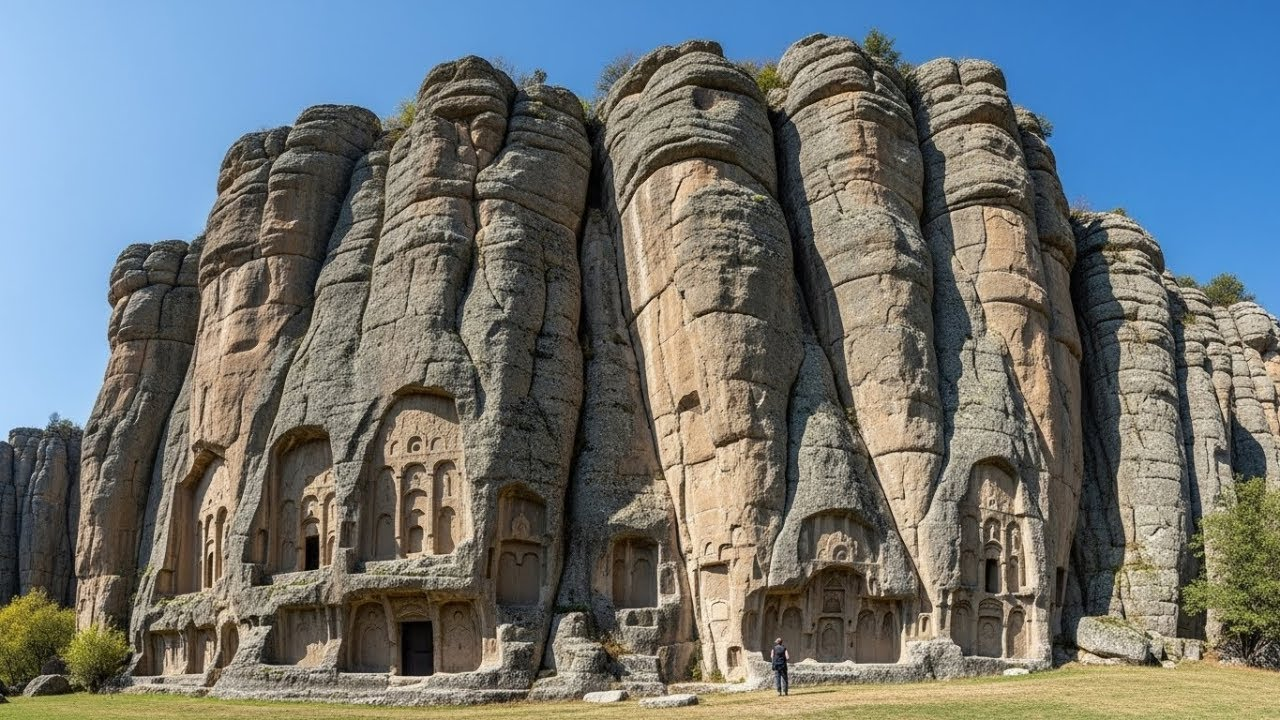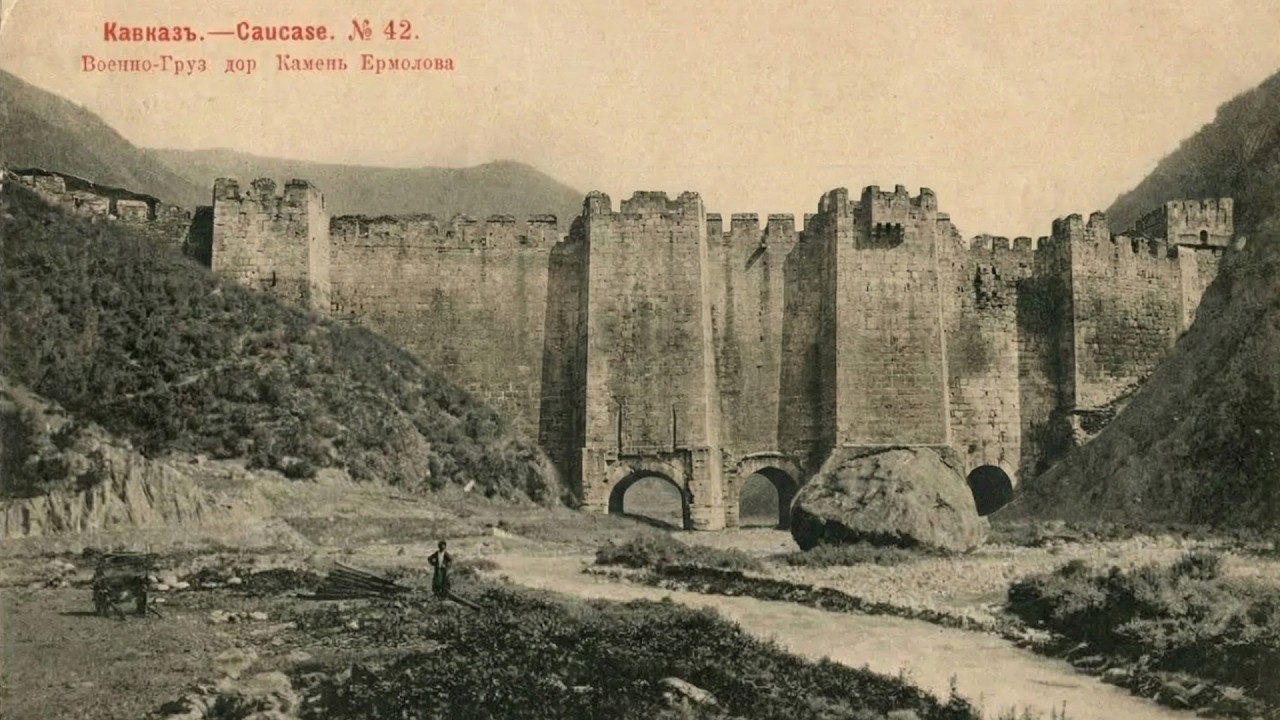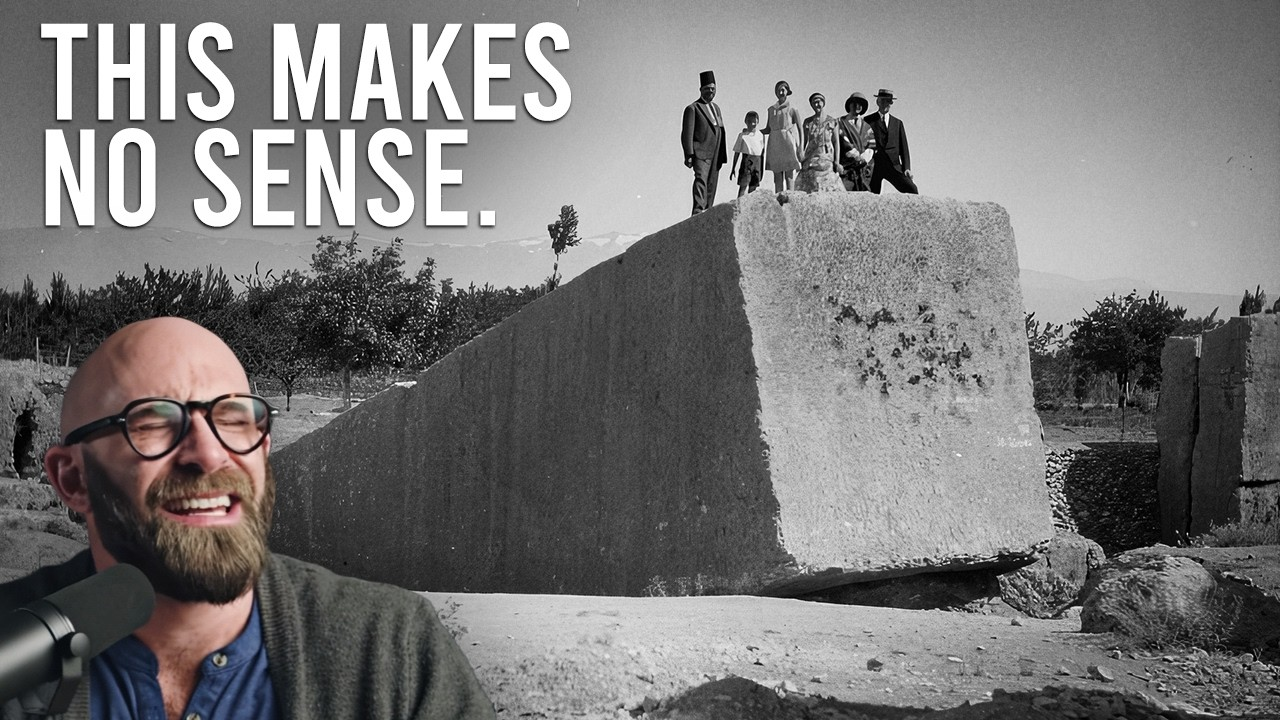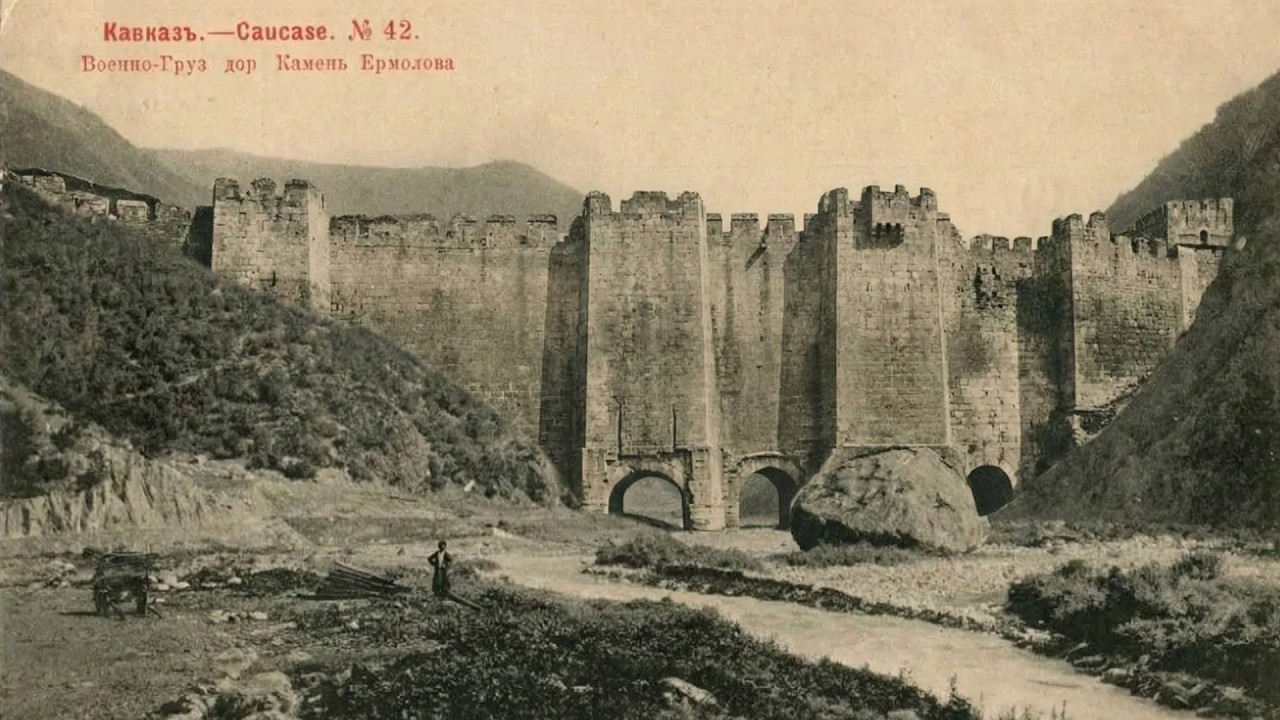From Plato’s Republic, Revisited in the Age of Misinformation
In a time marked by subtle misinformation and the constant noise of social media, Plato’s insights feel more relevant than ever. One of his most unsettling observations still echoes powerfully today:
“One of the penalties for refusing to participate in politics is that you end up being governed by your inferiors.”
In The Republic, Plato presents a dystopian vision of governance, using it as a foundation to explore what a just society should look like. Through this lens, he examines education, justice, and the pursuit of truth—core principles he believes should uphold a legitimate state.
Why Do the Most Capable Remain Silent?
When leadership is seized by the unworthy and public discourse is neglected, truth and justice become burdens carried by only a few. Plato’s image of the philosopher withdrawing from public life is not an expression of apathy—it’s a form of critique.
When capable individuals refuse to engage in governance, the void is filled by those unfit to lead, and society bears the consequences of this imbalance.
Plato’s ideas aren't relics of some nostalgic ideal—they’re a sharp framework for understanding the moral fragility of power, the detachment of citizens, and the importance of political responsibility as an act of care.
In this context, silence is not a virtue. It becomes complicity. When we remain silent in the face of poor leadership, the echo that follows carries our name.
A Glimpse Into The Republic (Modern Greek Translation, Now in English)
Let’s explore an excerpt from The Republic that delves into the inner workings of desire and will—timeless themes in Plato’s philosophy:
"Tell me now: when someone expresses a desire by simultaneously showing reluctance, or wants to obtain something yet also refuses it, or gladly accepts something while also rejecting it—wouldn’t you consider these actions or states of the soul to be opposites?"
“Certainly—opposites.”
“Now, take hunger and thirst, and all desires in general, along with willing and choosing—wouldn’t you group all these with the inclinations we just mentioned? Would you agree that when someone desires something, the soul pushes toward that object, welcomes it, and, in cases of wanting to obtain something, gives itself internal permission, as though nodding in agreement?”
“Yes, that’s right.”
“And what about the opposite? When the soul rejects or refuses, isn’t that also a pushing-away, and therefore an opposite movement to desire?”
“Of course.”
“So, among all desires, we’d identify two of the most obvious: hunger and thirst?”
“Yes, certainly.”
“And thirst is for drink, hunger for food?”
“Exactly.”
“Now, would you say that thirst, in itself, is the desire of the soul for a particular kind of drink—cold, warm, abundant, limited—or is it simply the desire for drink as such? If the concept of ‘warm’ were present in the mind, then thirst would also include a desire for something cold. If ‘quantity’ were in mind, thirst might be for a lot or a little. But as it stands, pure thirst is simply desire for drink—nothing more.”
“That makes sense—each desire, in its purest form, is directed only at its natural object. Any additional qualities come from other mental associations.”
“But be careful—someone might argue that no one desires ‘just’ drink or ‘just’ food, but good drink and good food. After all, everyone naturally seeks what is good. So, if thirst is a desire, wouldn’t it be for something good—whether that’s drink or something else?”
“That’s a fair point.”
“Yes, but we must distinguish between things that are inherently something and those that are so only in relation to something else. For example, ‘greater’ is only greater compared to something else.”
“Right.”
“So the concept of ‘greater’ implies something ‘lesser,’ and ‘much greater’ implies ‘much lesser.’ The same applies to past and future comparisons. A thing was greater than something in the past, or will be greater than something in the future.”
“Exactly.”
Plato’s reflections cut through time and circumstance, offering not just philosophical musings but an urgent call to civic responsibility. As his words remind us, disengagement isn’t neutral—it shapes the world we live in, often at a great cost.







